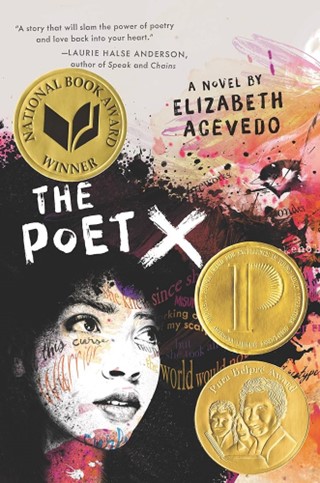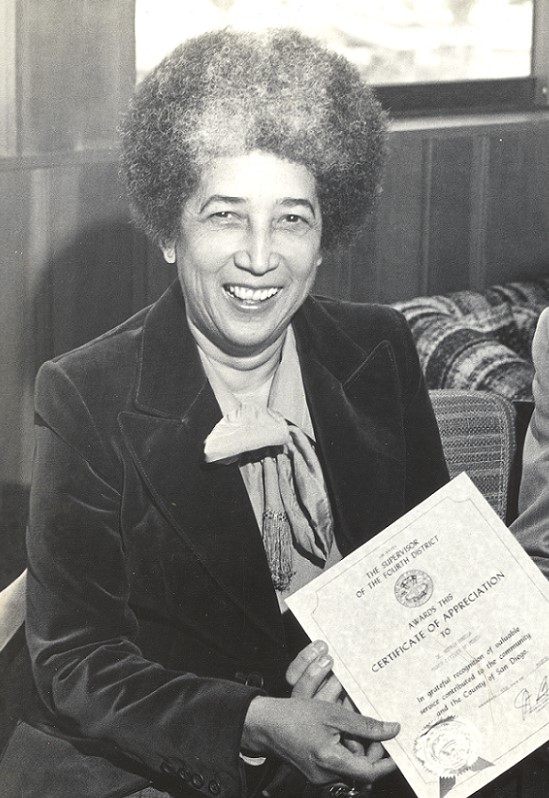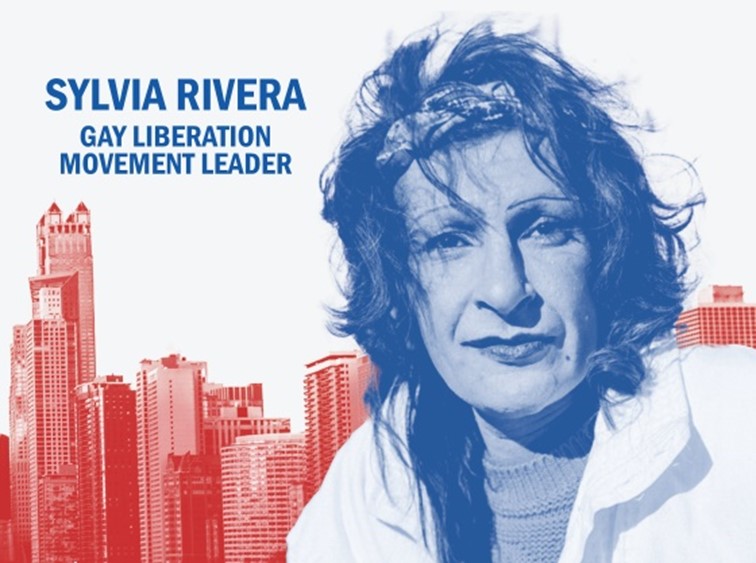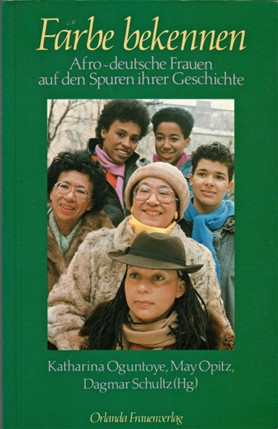Women's Achievements Across Cultures
March each year is special in the Department of World Languages, Literatures & Cultures
because it is Women's History Month. In this section we will honor some incredible
contributions of women from around the world. We celebrate their roles in shaping
our societies and cultures. We are honored to spotlight the achievements of women
in various fields including Hispanic, German, Arabic, Italian, and Classical cultures.
Elizabeth Acevedo
Award winning poet and author - Powerful voice

Elizabeth Acevedo's work as a poet and author is a testament to the power of voice
and literature in capturing the complexities of cultural identity, feminism, and Afro-Latinidad.
She has earned numerous awards including the National Book Award for Young People's
Literature for her novel The Poet X resonating with readers globally. Her story telling and passionate performances have
inspired many highlighting the critical role of representation and the spoken word
empowering Hispanic communities.
Antonia Pantoja
Pioneer for Puerto Rican Rights
Antonia Pantoja was a trailblazer for Puerto Rican rights in New York City. She co-founded
ASPIRA, a youth leadership organization, and created Boricua College focused on providing
higher education for Hispanic students. Pantojas continued to make significant contributions
to the Puerto Rican community throughout her life advocating for bilingual education,
women's rights and political representation. Today Antonia Pantojas's legacy lives
through the numerous organizations and initiatives she founded as well as countless
lives she touched and inspired through her activism and advocacy.
Sylvia Rivera
Champion for Gender Identity Rights
Sylvia Rivera was a prominent figure in the fight for gender identity rights. She
co-founded the Street Transvestite Action Revolutionaries (STAR) advocating for the
rights of transgender and gender non-conforming individuals. Rivera played a pivotal
role in the 1969 Stonewall Riots, a turning point in the LGBTQ+ rights movement. Her
relentless advocacy and activism continue to inspire generations to fight for equality
and justice.
Marina Silva
Minister of Environment and Climate Change, Brazil
Marina Silva grew up in the Amazon rainforest surrounded by the beauty and richness
of nature. From a young age she witnessed the devastating effects of deforestation
fueling her passion for environmental advocacy. Despite facing poverty and discrimination
she pursued an education and eventually became a prominent figure in Brazilian politics.
Her journey from humble beginnings to become Brazil's Minister of the Environment
and Climate Change is truly inspirational.
Her tenure as Brazil's Minister of the Environment marked a time of innovation and
strong environmental policies leading to significant reductions in deforestation in
the Amazon. Her work has transcended borders earning international acclaim and awards
for her unwavering stance on preserving biodiversity and advocating for sustainable
development.
Sara Gómez
Cineasta Cubana/Cuban Filmmaker (1943-1974)
After completing high school, Sara Gómez studied music for six years at the Havana
Conservatory and began working at the Cuban Institute of Art and Industry Cinematography
(ICAIC) in 1961. She worked as a journalist and musician and created several films
that developed awareness of Cuba's diverse culture. Her presence in the film industry
has influenced many Cuban women and she hoped other women would continue her legacy
through education. Although she died young, her work continues to impact Afro-Latinxs,
Latin America and Cuba.
Sara Gómez was the first female film director in Cuba and during her life was the
only Afro-Latina filmmaker. A member of the ICAIC, she directed films such as One Way or Another and I'm Going to Santiago . In 1974 she was promoted to feature film director. Her documentaries from the 1970s
include On Overtime and Volunteer Work (1973) . The topics Sara Gómez focused on were racial prejudice, discrimination, marginality
and sexism.
Celebrating Black and Women's History: an Afro-German Perspective
Showing Our Colors
The book
Showing Our Colors (Farbe Bekennen) is a landmark in the Afro-German movement that introduced Black German women's issues
to the public and played an integral role in the development of an Afro-German community.
During her trip to Berlin in 1984, American poet and activist Audre Lorde aimed to
meet Black women and learn about their experiences by bringing them together for lectures
and a poetry workshop at the Free University. The resulting book helped readers rethink
and redefine what it means to be German while while encouraging women in the African
Diaspora to embrace all aspects of their identity (Bowen, 1986). For more information
visit:
http://blackcentraleurope.com.
Pioneers in Classical Antiquity
Sappho: The Most Famous Female Poet in the World
Born on the Greek island of Lesbos in the second half of the seventh century BCE,
Sappho was the first female poet we know from classical antiquity. Although we know
little of her life and most of her poetry has been lost, enough poems and fragments
survive to show why the ancient Greeks and Romans considered her "the Tenth Muse."
Sappho wrote lyric poetry - poems to be accompanied by the lyre for solo, performance
and choruses. Her favored metrical form, named the Sapphic stanza in her honor, was
used by famous Latin poets like Catullus, Horace and by English poets like Swinburne,
Kipling, and Ginsberg.
Because some of Sappo's poems refer to love between women, she has been considered
queer or gay in post classical times. From this belief we get the English words "sapphic"
and "lesbian". The latter a reference to her birthplace Lesbos. In 2014 a new Sappho
poem was discovered on papyrus so we may one day uncover even more of her work.
How can you explore Women's global contributions?
Explore Inspiring Biographies
Visit the LSU Libraries to discover curated collections, memoirs, and biographies
of influential women from around the world. Dive into the lives of trailblazing figures
who have shaped history, culture, and society.
Participate in Global Events
Engage in lectures, workshops, and discussions that highlight the achievements of
women in global contexts. Participate in events hosted by
LSU Global Events to deepen your understanding of historical and contemporary contributions across
cultures.






